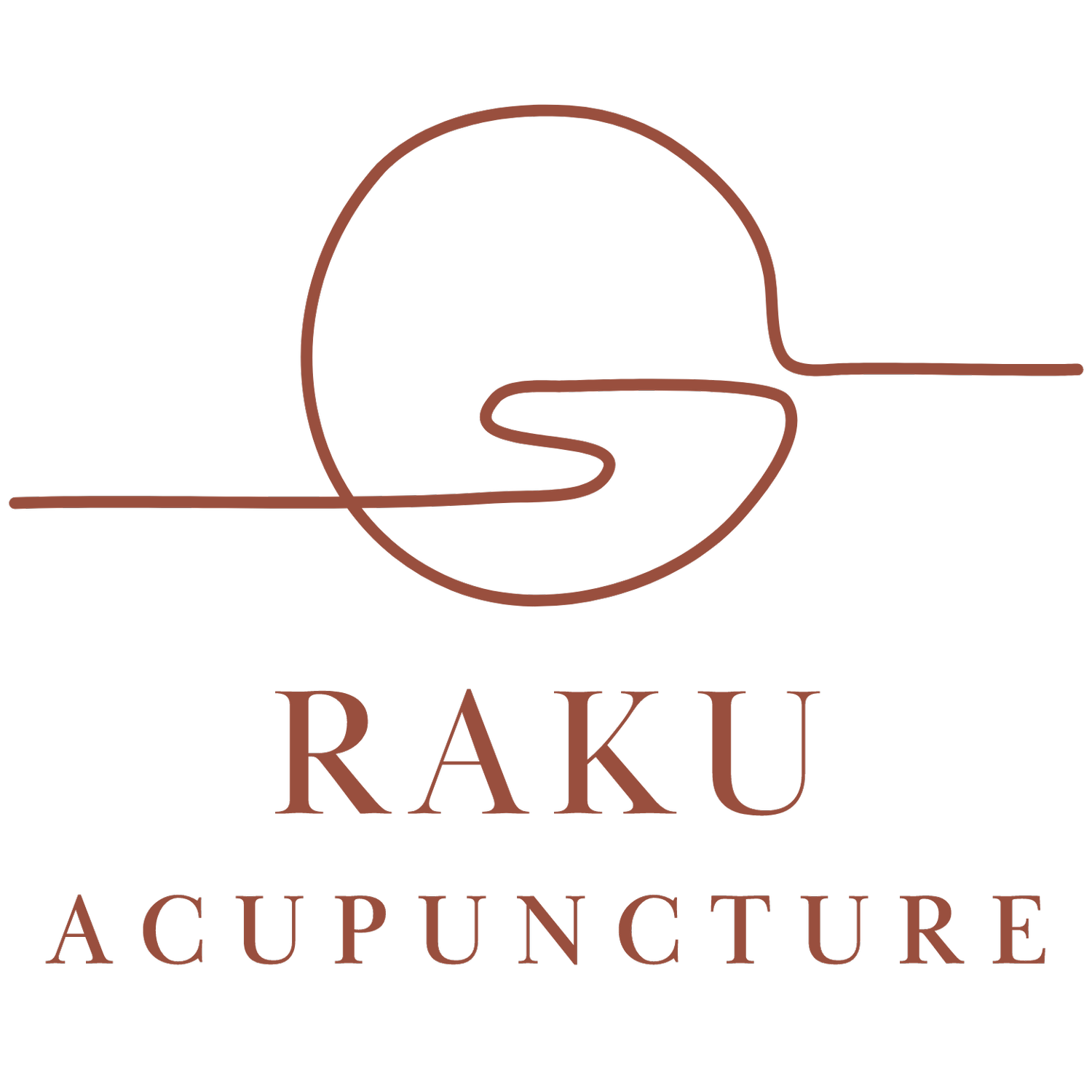What is raku?
Raku (Ra- Koo) is a type of Japanese pottery style (developed in the 16th century!) and was created with the ideals of simplicity and natural elements. It was developed specifically for traditional Japanese tea ceremonies by Tanaka Chojiro. While Japanese tea ceremonies used to be festive and a way to show off wealth, the introduction of Zen Buddhism into Japanese culture altered the course of these tea ceremonies. Tea ceremonies became an act of reverence and ritual, one that was much more solemn. The ideas of simplicity and a quiet appreciation became central to the ceremony itself. Raku pottery is the same.
Raku pottery is hand built (no pottery wheels here) and the process of building the pot is as important as the completion. The signs of it being hand made would be considered imperfections if it was made on a potters wheel, but for Raku, the imperfections are appreciated and revered. In addition to being an acupuncturist, I am also a potter and my preferred style of pottery is Raku. I love hand building my own work, I love making an impact on the piece. One essential piece of firing the pieces (which is essentially cooking the pots in a very hot oven as the final stage of the process) is the addition of nature- literally. When we fire this pottery we throw in handfuls of leaves, grass, twigs, hair, even dirt to create unique and natural looks to the pots. These bits of nature adhere to the sides of the pot and meld with it, creating totally original pieces.
This is why I chose the name Raku for my practice. It brings in other things that I am passionate about, but it also aligns with what acupuncture represents: we are a part of nature, not separate from it. It also highlights the need for rituals, which acupuncture often requires consistency. Disharmonies in our bodies (which present as disease) can all be understood through the context of nature. Imperfections in our selves are to be appreciated and revered.
Acupuncture is a wonderful medicine that meets you where you are. Imperfections are not shameful, they are signs that we are human having a human experience. And in all of its imperfection, we can have a simple and quiet appreciation.
Book an appointment with me by clicking here.
Acupuncture offers a holistic and natural solution to supporting your fertility & reproductive health as well as pregnancy & postpartum support.
If you’re ready to experience the benefits of acupuncture for yourself, schedule an appointment today.
Raku Acupuncture
(720) 230-3225 | micaela@rakuacu.com
Proudly serving Doylestown, Bucks County, PA. Located near Chalfont, New Britain, Solebury, Perkasie, Newtown, Yardley, New Hope, and Lambertville.
Disclaimer: This article is not intended for the purpose of providing medical advice. All information, content and material is for informational purposes only and is not intended to serve as a substitute for consultation, diagnosis, and/or medical treatment.
